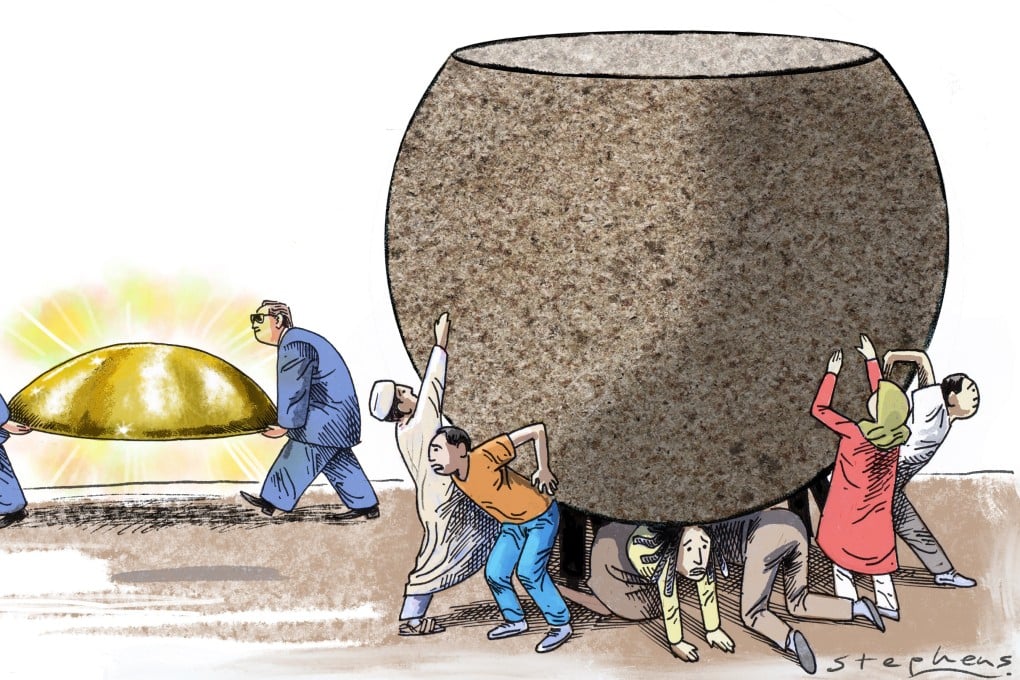Opinion | G20 summit: 3 ways Xi and Biden can drive the global agenda for greater equality
- They can make global institutions more representative and create more equitable financing mechanisms
- To open a pathway to partnership, they can start by recognising the common challenges of domestic inequality that both the US and China face

To do this, they must put bilateral US-China tensions to the side and focus the considerable power of both nations on leading the global community to address the systemic inequalities embedded in global governance institutions and the inequitable principles that govern how finance for development is allocated.
When these institutions – often called the Bretton Woods system – were created, three-quarters of the countries in today’s world didn’t even exist. As such, these institutions do not adequately represent billions of people. As well, financing global responses to these shared crises uses a charity-based model in which wealthier nations decide when, how and to which less-wealthy nations global resources are allocated.
Momentum is growing for reform. Advocates for change like Prime Minister Mottley and others will build on efforts initiated at the United Nations General Assembly and at the World Bank/IMF meetings, as the mechanisms and principles guiding global governance and the allocation of development finance are ripe for change.
As permanent members of the Security Council and as the two largest economies represented in the G20, China and the United States can play a transformational role to drive this much-needed reform agenda in three important ways.
